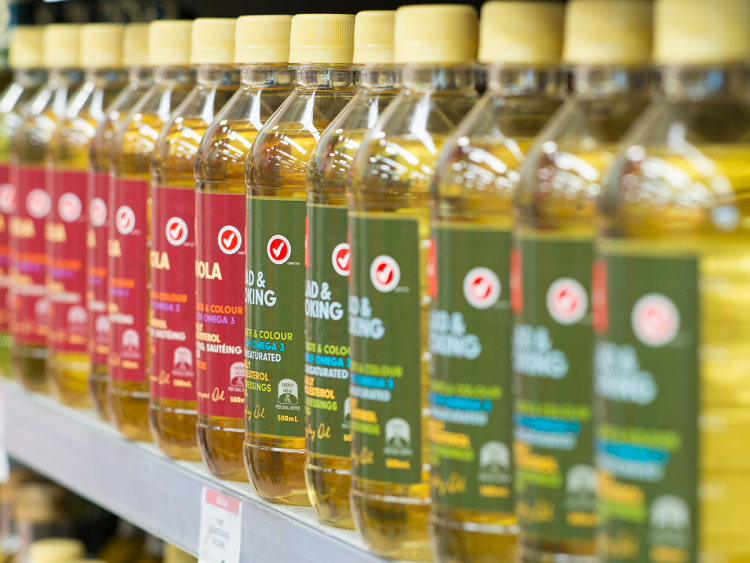Story at a glance…
-
Industrial seed oils like corn, canola, safflower, rapeseed, and peanut oils are the main mechanisms of heart disease.
-
Recent state-of-the-art analyses have found old research faulty, and saturated fats are actually good for us.
-
Part of the original problem was a narrow focus on individual nutrients, and influence from soap companies.
Introduced into the human diet for the first time in concentrated quantities over the last 200 years, the content of industrial seed oils like cottonseed, safflower seed, soybean, canola, rapeseed, and peanut oils in western diets have increased more than 1000% during the 20th century.
Alongside this meteoric rise in seed oil consumption has been a frightening increase in the prevalence of non-communicable diseases, and particularly cardiovascular disease like atherosclerosis.
Now in 2022, researchers can safely conclude that medicine has failed the planet with regards to dietary recommendations on fats. By demonizing individual nutrients and not whole foods, while relying on epidemiological studies done on those who are sick, and not those who are healthy, the United States has arrived at a point at which our largest medical institutions recommend consuming what our great-grandparents knew was nothing more than toxic industrial waste.
“Replacing bad fats (saturated and trans) with healthier fats (monounsaturated and polyunsaturated) is good for your heart,” says the American Heart Association. “One way you can do this is by choosing healthier nontropical vegetable oils for cooking and preparing food. Use these oils instead of solid fats (including butter, shortening, lard and hard stick margarine)”.
This advice is killing millions of Americans, and tens of millions worldwide, and even worse, created an international food industry that’s so soaked in industrial seed oils that it’s almost impossible to avoid them. They are in everything from baby food to beef, and the presence of seed oil’s principal component, linoleic acid, has increased in American adipose (fat) tissue by 136% over the last half century. Once there it can stay from a few hundred days depending on the tissue, to more than 15 years.





